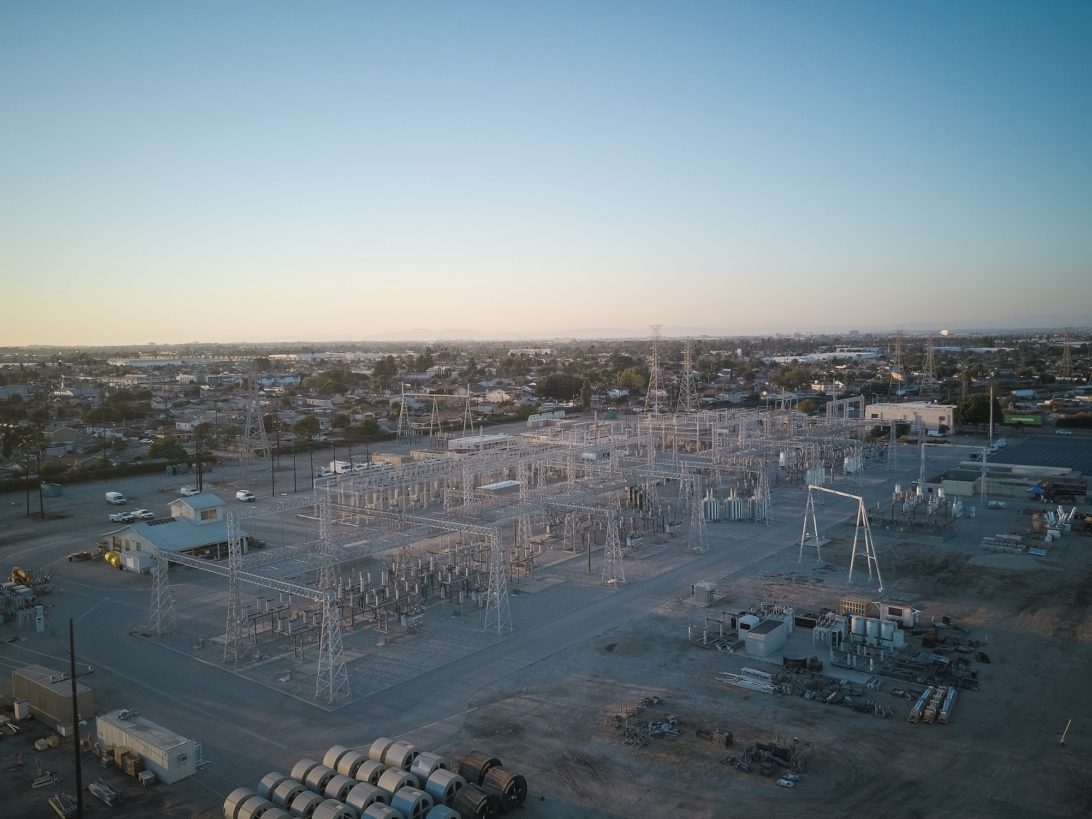
At our innovation center, we are dedicated to the research and development of advanced strategies for sustainable, secure and competitive energy supply.
We focus on several key areas ranging from renewable generation to efficient heat network management and energy optimization of industrial processes.
Our work focuses on the hybridization of renewable generation systems and the management of low-temperature heat networks.
We develop innovative solutions that integrate renewable technologies at different scales, including rural generation systems, the water-energy nexus and agrovoltaics.
These solutions maximize energy efficiency and the use of natural resources, contributing to a more sustainable and competitive energy supply.
In addition, we specialize in the development of waste heat recovery and valorization strategies for industrial processes.
We take advantage of the waste heat generated in industry and use it efficiently, thus reducing energy consumption and carbon emissions.
This not only contributes to sustainability, but can also generate significant savings in companies’ energy costs.
Another important aspect of our work is the development of industrial digital twins and the energy optimization of industrial processes.
By digitizing processes and creating digital twins, we can simulate and optimize the energy performance of industrial facilities.
This allows us to identify opportunities for improvement, optimize the use of resources and reduce the environmental impact of industry.
Our approach is based on addressing various issues related to sustainable energy generation and resource efficiency.
We work on the hybridization of renewable generation systems, which involves the integration of different technologies and energy sources to ensure a continuous and reliable supply.
This is especially relevant in rural areas where energy infrastructure may be limited.
In addition, we face the challenge of managing heating and cooling networks, where we seek to optimize the operation of generation, distribution and consumption elements.
This involves the implementation of intelligent solutions that allow better communication and coordination of the different components of the network, improving the efficiency and quality of thermal energy supply.
In the industrial field, we face the challenge of taking advantage of the waste heat generated by industrial processes.
This heat is often wasted, representing a significant loss of energy.
Our solutions make it possible to recover and valorize this waste heat, reducing energy consumption and carbon emissions in industry.
We are also working on the integration of hydrogen as a key vector in the transition toward decarbonization of the global energy model.
Hydrogen offers significant potential as a clean and renewable energy source, and we are working to develop solutions that facilitate its safe and efficient production, storage and use.